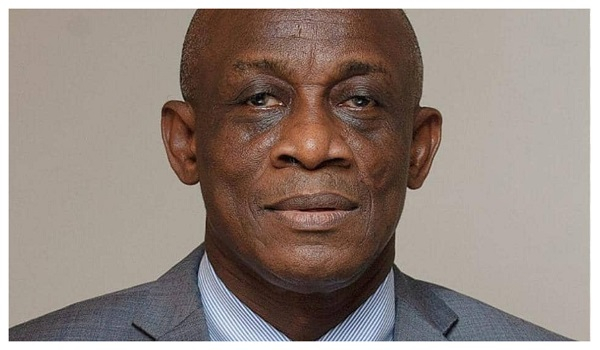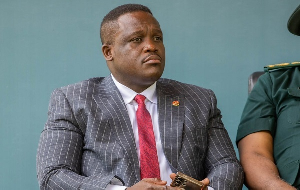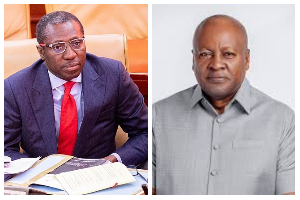A New Era for Media Freedom in Ghana
In a significant move that has drawn both praise and scrutiny, President John Dramani Mahama has extended a grace period to radio stations recently affected by shutdowns enforced by the National Communications Authority (NCA) of Ghana. This decision marks a pivotal moment in the ongoing conversation about media freedom and regulatory practices in the country.
The NCA had previously imposed shutdowns on 64 radio stations, citing various compliance issues related to licensing and operational regulations. These actions raised alarms among media professionals and advocates for press freedom, who argued that the closures were politically motivated, particularly targeting stations perceived to be critical of the government. One notable casualty of these shutdowns was Radio Gold, a station closely affiliated with the opposition National Democratic Congress (NDC). The station was shut down during the administration of former President Nana Addo Dankwa Akufo-Addo, prompting considerable backlash from media stakeholders.
On June 12, 2025, the Ministry of Communications, Digital Technology and Innovation announced a 30-day suspension of enforcement actions against the affected radio stations. This reprieve, which came at the directive of President Mahama, allows these stations the necessary time to regularize their operations and address compliance issues under the Electronic Communications Act, 2008 (Act 775) and its accompanying regulations (L.I. 1991).
The Minister of Communications emphasized that the President’s decision aims to balance regulatory oversight with the imperative of preserving media freedom. “This grace period is intended to ensure that our media landscape remains vibrant and diverse,” the Minister stated.
In a heartfelt Facebook post, prominent Ghanaian broadcaster Bridget Otoo lauded President Mahama for his decision, suggesting that such leniency would not have been afforded under the previous administration. “Only President John Dramani Mahama would do this,” Otoo remarked. “I wish Radio Gold and other stations that were shut down during the erstwhile administration had been given the same grace… Thank you, sir.”
Her comments reflect a broader sentiment among media professionals who have long expressed concerns about the state of press freedom in Ghana. The previous government’s actions against critical media outlets had been perceived as an attempt to stifle dissent and control the narrative surrounding its policies.
The extension of this grace period is seen as a potential turning point for media freedom in Ghana. Many advocates argue that a healthy democracy thrives on a free press, and the ability of media outlets to operate without fear of arbitrary shutdowns is crucial for holding power accountable.
The NCA’s previous actions had ignited discussions on the balance between regulatory enforcement and the rights of media entities. Critics voiced concerns that the regulatory framework was being wielded as a political tool rather than a mechanism for ensuring compliance.
As the 30-day grace period unfolds, the spotlight will be on the affected radio stations and their ability to meet the required licensing criteria. This moment also provides a crucial opportunity for the NCA to re-evaluate its approach to media regulation, fostering an environment where freedom of expression is prioritized alongside compliance.
Bridget Otoo’s remarks resonate deeply within the media community, highlighting the importance of leadership that prioritizes democratic values. As President Mahama’s directive is implemented, it remains to be seen how it will impact the media landscape in Ghana and whether it will usher in a new era of collaboration between regulators and media entities.
In conclusion, the grace period extended by President Mahama represents not just a temporary reprieve for the affected radio stations but also a hopeful sign for the future of media freedom in Ghana. The unfolding events will undoubtedly be closely monitored by both supporters of press freedom and those wary of the implications of regulatory oversight.
Source









